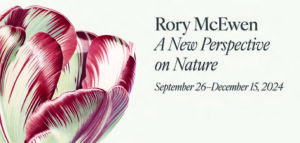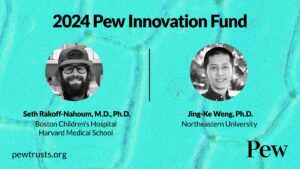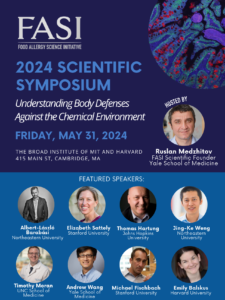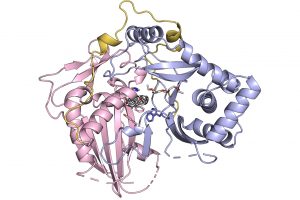Wellesley College is pleased to announce an upcoming lecture by Dr. Jing-Ke Weng titled “Decoding the Chemical Language of Plants” on October 21, 2024, from 12:45 PM to 2:15 PM at Collins Cinema. This talk will be held in conjunction with the Davis Museum’s current exhibition, “Rory McEwen: A New Perspective on Nature.” Dr. Weng’s presentation offers a scientific complement to McEwen’s artistic exploration of plant life. While McEwen’s watercolors on vellum capture the visual essence of plants, Dr. Weng’s research delves into their chemical intricacies. The timing of this lecture provides a unique opportunity for attendees to experience the intersection of art and science in the study of nature. Visitors can explore McEwen’s detailed botanical paintings, which showcase his distinctive modernist approach to plant portraiture, and then gain insights into the complex chemical processes occurring within these same subjects. “Rory McEwen: A New Perspective on Nature” features 85 of McEwen’s works, alongside pieces by his historical influences and contemporary artists continuing his legacy.

Rory McEwen, Tulip ‘Julia Farnese’ rose feather, 1976, Watercolour on vellum, ©Estate of Rory McEwen








